Después de la teoría: el hispanismo en la encrucijada
Materias de especialidad:
Correo electrónico:
Información adicional:
Topics:Compatibilities and incompatibilities: applications and divergences of feminisms, marxisms, psichoanalysis, queer theory, ecocriticism, myth criticism, and cultural studies (among many others) , as an object of study per se or in relation to Hispanic literary texts.Peninsularism and Latinamericanism: reconfigurations and redefinitions (transatlanticisms, new historicisms, post-colonialism and Imperium Studies, indigenisms, etc.)Traditional Hispanism vs. Cultural Studies: literary theory against literary history; the place of theory: from the resistance to theory to the application of theory.Mester de Cibervía: Hispanism, new technologies and information networks.The legacy of structuralism and poststructuralism. Re-readings, reductions and continuations of earlier schools and authors (formalism, New Criticism, stylistics and reception theories).The role of aesthetics in the multidisciplinary arena. The problem of discourse and the boundaries between the human sciences. The relationship between literary studies and the social sciences. The definition of literary studies.Hispanism and political struggle. The relationship between the Academy and Society, the proletariat and the 'cognitariat', isolation and/or compromise of the intellectual.Abstracts can be written in Spanish or English and should be 250-300 words in length and sent via email attachment to the address below. Please include author's name, academic affiliation, areas of interest and contact information in the message.Abstract submission deadline: November 30th 2007.Abstracts submissions, concerns and registration: graduate.aftertheory@gmail.comFurther information:Graduate StudentsHispanic Languages and Literature DepartmentSUNY at Stony Brook Stony Brook, New York 11794Phone: +1 631 632 6935Fax: +1 631 632 9724
País:
